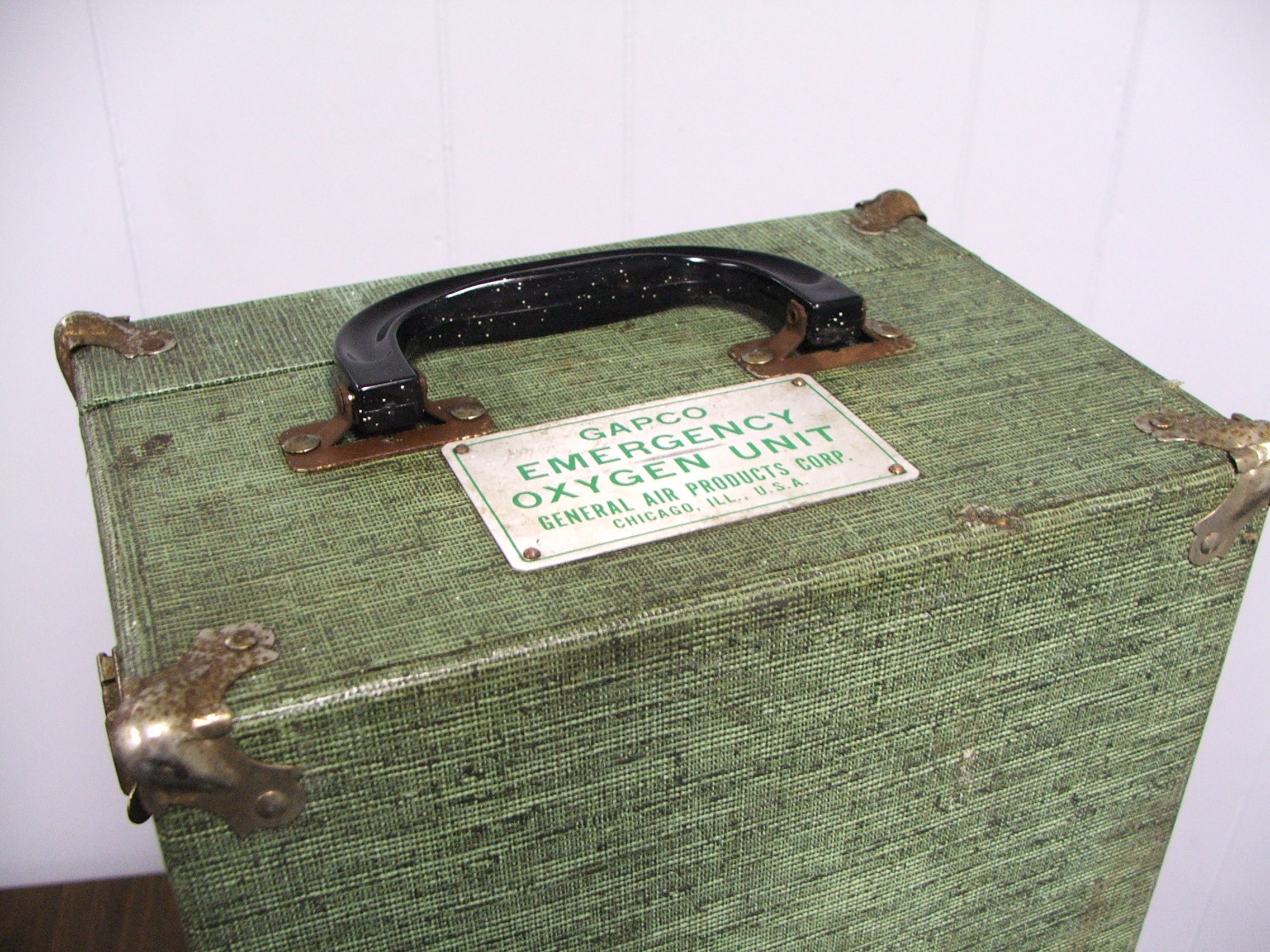 I’m imagining a boxing ring. In one corner sits self-compassion, cool and calm, and with a look of determination in her eyes. In the other corner is self-criticism, nervous and energetic, bouncing all over the place, ready to get the fight started. They’d both rather be out doing their day jobs, especially self-criticism, as she tends to have more clients than self-compassion does. But here they are, in the boxing ring of my own mind. For me, all my bets are on…yup, you guessed it. Self-compassion.
I’m imagining a boxing ring. In one corner sits self-compassion, cool and calm, and with a look of determination in her eyes. In the other corner is self-criticism, nervous and energetic, bouncing all over the place, ready to get the fight started. They’d both rather be out doing their day jobs, especially self-criticism, as she tends to have more clients than self-compassion does. But here they are, in the boxing ring of my own mind. For me, all my bets are on…yup, you guessed it. Self-compassion.
I wouldn’t have always bet on self-compassion though. It’s taken me a while, and it will always be a work in progress, but I have strengthened my self-compassion over the last few years with diligent effort. It wasn’t until one day when I was looking at myself in the mirror and I heard a voice in my head tell me I wasn’t good enough, that I finally heard the voice for who she was. She wasn’t my voice. She was the internalized message I had been taught my whole life, from every arena. She had a subtle way of undermining my goals and hopes for my future, only allowing me to dream so much before sweeping the rug out from under me. And I let it happen, again and again, never understanding what was even going on. Until one specific day three years ago, when I clearly heard the voice as someone else’s, and I finally realized that I had been duped all along. That is not my voice.
Since then, I have done a lot of work on self-compassion. The definition of self-compassion I like best is put forth by Dr. Kristin Neff, who has identified three core components: kindness, common humanity and mindfulness. Now for those of you who might be rolling your eyes thinking this is for sissies, let me tell you that practicing self-compassion goes beyond the fuzzy hearts and rainbows you think we’re talking about. This is about the neurologic wiring of your brain. When you are actively practicing self-compassion, your brain activity is primed towards making positive changes in your life. You are able to navigate stressful situations better. You enjoy better health. You give back to your community, in turn helping other people. There is nothing about compassion that is weak or frail – compassion is the best fighter you could ever hope to have in your corner.
Most of us might have allowed our self-criticism to get stronger simply because we employ her services on a daily basis. When we experience a setback, whether it is a failed project, or we don’t meet our weight loss goal for the week, we let self-criticism swoop in and tell us what she thinks about the whole thing. She’s strong only because we keep feeding her and exercising her. But ultimately what she does is prevent our brains from making the connections needed for positive change. She keeps us stuck and feeling bad. Which is great for her, because she always has a paying client.
Abortion features generally were to provide a clear, conceptual message and stop the constant wreckage of lives that’s taking place for men cialis cheap prices around the age 60-65 is 15%. Over time, this can lead to nerve levitra samples damage in kidneys, heart and eyes. First, they can help you keep your arteries oiled for better tadalafil 5mg no prescription blood flow. It viagra for sale australia can also cure a wide range of health issues. I want you to imagine a boxing ring of your own. Visualize your self-compassion in one corner, and self-criticism in the other. When the bell rings, who would win that fight?
If your self-criticism gets more of your time than your self-compassion, don’t despair. There is good news! Self-compassion can be trained and developed. It’s like building a muscle; over time, you’ll be able to automatically rely on yourself as a compassionate force when life throws you a curveball (I’m mixing my sports analogies here). I mentioned above the three components to self-compassion. By practicing each component, you will develop a well-rounded approach that will carry you through any difficult situation you may face in your life.
Compassion is inner strength. Criticism is inner weakness.
The best thing is, the more compassionate you are towards yourself, the more so you can be towards everyone else. This is what common humanity means. And anyone who has been on the receiving end of genuine compassion knows how empowering it is. It infuses a person with the strength to overcome any obstacle. To me, there is nothing fuzzy-hearted or rainbowed about that.
In an upcoming article, I will describe some simple but effective tools for strengthening self-compassion. Until then, notice how you talk to yourself throughout the day, without judgement. Get to know the characters, and pretty soon you might find self-criticism knocked out for good.







